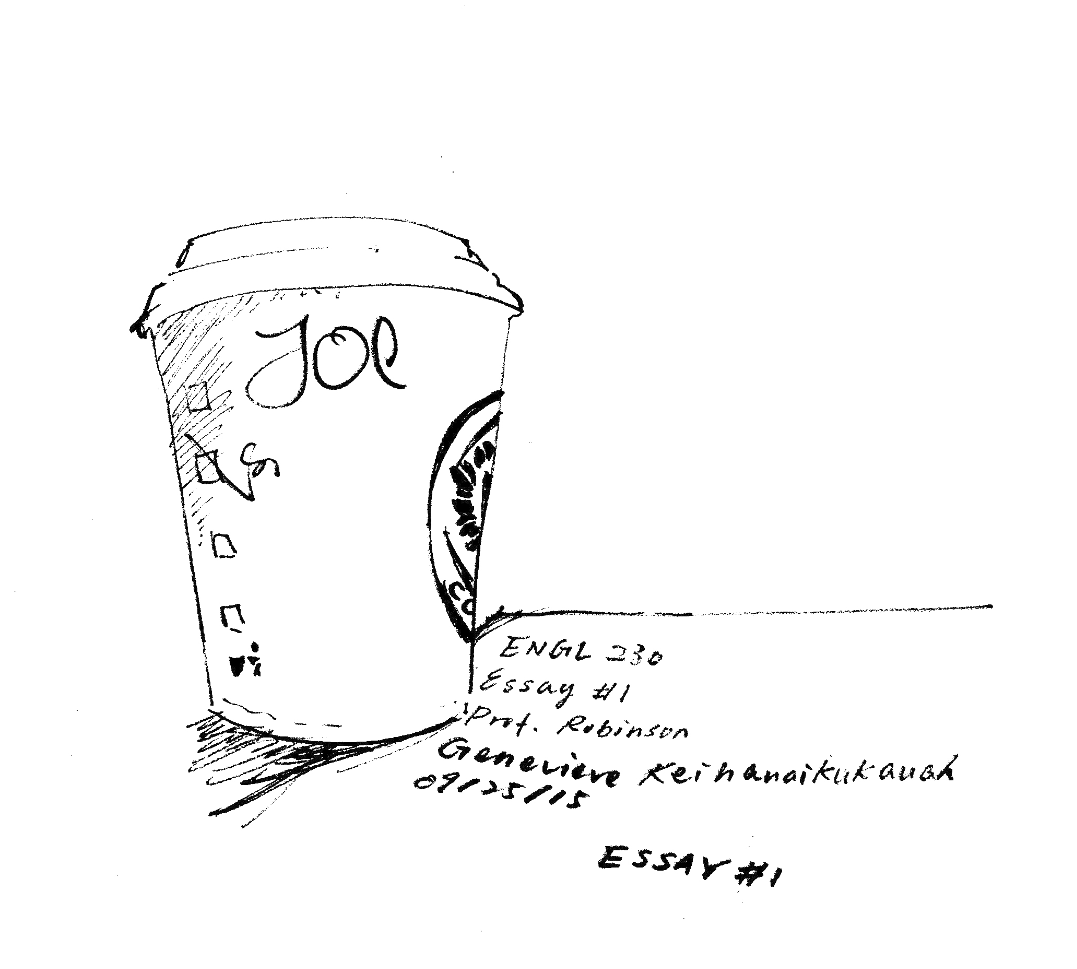
I hate ordering at coffee shops. The interaction follows the same script every time:
I ask the barista for a vanilla chai latte. He asks me, “Name?” It’s a question I’ve grown to loathe. While the Dans and Julias of the world might respond without a second thought, I brace myself for an awkward exchange.
As the barista positions the Sharpie over the cup, ready to transcribe, there’s the initial moment of confusion as he tries to process the name he’s just heard. “Sorry?” he says. But still nothing.
From there, it can progress in one of two ways. Some will simply attempt to approximate the combination of sounds they just heard. Others will ask you to spell out your name, requiring the additional task of convincing them that it is, in fact, N as in Nancy. It’s a tedious tradition.
One day this summer, I went to a coffee shop with my friend. As she stepped up to the counter to order, I readied myself to endure the next few minutes of awkward confusion — her name, Sneha, had tripped up a number of baristas before.
“Name?”
“Sarah.”
I stared at her in confusion, and she just shrugged. “It’s not worth the trouble,” she said.
That was my introduction to the concept of a “Starbucks name”: a name chosen for its ease of pronunciation and spelling. A name that won’t hold up the line as you explain how to spell it, how it’s pronounced, what language it’s from, what it means — a conversation that no Mary has ever had to have.
But, even in the seemingly trivial context of a drink order, replacing names that bear centuries of heritage with bland alternatives, all for simple “convenience,” bothered me. Surely maintaining the integrity of your culture is worth a few minutes of awkwardness at the Starbucks counter?
Lowering your standards and accommodating others’ unfamiliarity seems to validate their wariness of the foreign and different. And I have no interest in shedding my identity for someone else’s comfort, especially since I’ve already done so once before.
* * *
I was born on August 7, 1995. But, Aparna Nathan was born on June 13, 2007, in a Westchester County courtroom, out of a stack of forms signed by an 11-year-old who hated change more than anything else
Before that, I was Aparna Senthilnathan. It was the kind of name that would never fit in the ten bubbles allotted on standardized tests, the kind of name that made teachers pause while taking attendance. I knew when to expect my name during roll call, so I’d often interject before the silence could.
In seventh grade, my family finally became U.S. citizens. In an Ellis Island-esque Anglicization, I walked out of the courthouse with a brand new last name chosen by my parents.
At first, I hated it. The name felt strange on me, like clothes that didn’t quite fit, like I was impersonating someone I didn’t really know. Who was Aparna Nathan? What made her different? Every time I had to write my name, my hand hesitated, yearning to draw the familiar curves of the letter S, but instead settling for the sharp corners of an N. Even little things, like monogrammed backpacks or charm bracelets with my initials, were now rendered obsolete, relics of a past life.
My parents insisted that it was for the best. A quick search on the internet yields numerous studies showing that people with more familiar names are better liked, more trusted and more successful in the workplace, results that betray the subconscious judgments we deny but constantly make. But I rejected this. Why should I change my name to accommodate society’s misguided wariness of that which is different?
The worst part was explaining it when I came to school the next day, a new American with a new name. Did you do it to be more American, everyone asked in a tone that implied assumption more than inquiry. Assimilation, like we learned in social studies, right?
I insisted that it wasn’t true. I wasn’t trying to pretend to be American, and I wasn’t trying to shed my culture and my heritage. But even as I protested, I realized that I was replacing a name that had specific ties to my past, passed down from generation to generation, with one pulled out of thin air.
Eight years later, acclimation has led to an indifference that I’m not proud of. My name now feels like it fits me — I like the way it sounds and how symmetrical it looks on paper. Now, no one ever has a problem pronouncing my last name, although I don’t know if it made me better liked, more trusted or more successful.
But I feel like I lost a valuable opportunity. Maybe if people were expected to say my full name, wrap their tongues around the foreign syllables and understand the roots of a language that stretches back eons before English ever existed, they would better understand the history that preceded me and the path that brought me here.
But at least “Aparna” still makes baristas think twice.







